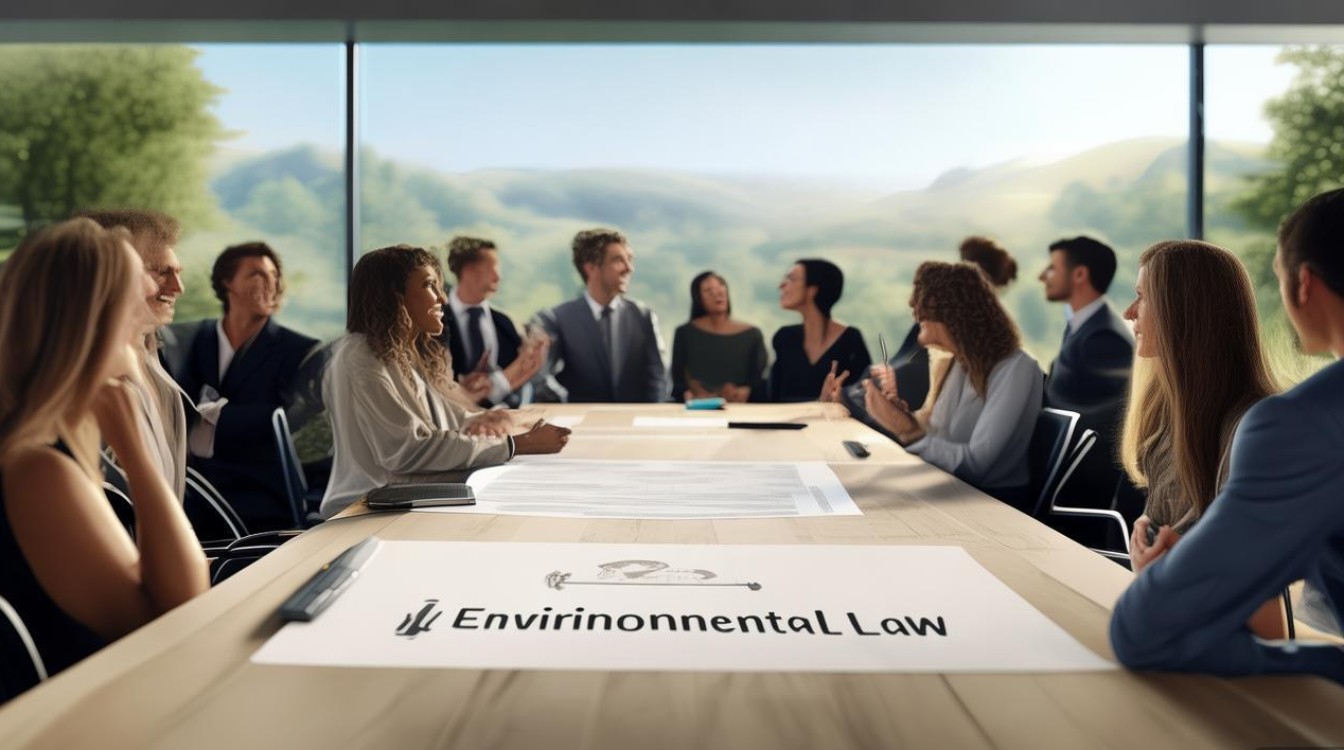environmental law口语
Environmental law, often referred to as "environmental law口语" in casual discussions, encompasses a wide range of legal frameworks designed to protect the natural world and regulate human interactions with the environment. It addresses issues like pollution control, resource conservation, climate change, and biodiversity, playing a crucial role in ensuring sustainable development for current and future generations.

The Purpose and Scope of Environmental Law
At its core, environmental law aims to balance economic growth with ecological preservation. It sets standards for air and water quality, manages waste disposal, and protects endangered species. For example, laws like the Clean Air Act in the U.S. or the EU’s Habitats Directive establish clear guidelines to limit harmful emissions and conserve natural habitats. These regulations are not just about penalties; they also encourage innovation in green technologies and promote responsible corporate practices.
Key Areas of Environmental Law
-
Pollution Control:
- Air and water pollution are among the most pressing issues. Laws mandate emission limits for industries and require wastewater treatment before discharge.
- Noise and light pollution are also regulated in urban areas to reduce health impacts on residents.
-
Resource Management:
- Sustainable use of resources like forests, minerals, and water is enforced through permits and quotas.
- Renewable energy incentives, such as tax credits for solar and wind power, promote a shift away from fossil fuels.
-
Climate Change Mitigation:
- International agreements like the Paris Agreement commit countries to reduce greenhouse gas emissions.
- National policies, such as carbon pricing or cap-and-trade systems, aim to limit global warming.
-
Biodiversity Conservation:
- Protected areas, national parks, and wildlife reserves are legally established to prevent habitat destruction.
- Laws prohibit poaching and trafficking of endangered species, supported by agencies like CITES (Convention on International Trade in Endangered Species).
Challenges in Environmental Law Enforcement
Despite its importance, environmental law faces several challenges:
- Weak Enforcement: In some regions, lack of funding or political will undermines regulatory effectiveness.
- Cross-Boundary Issues: Pollution and climate change do not respect national borders, requiring international cooperation.
- Industry Resistance: Businesses may oppose strict regulations due to increased costs, leading to legal battles over compliance.
The Role of Public Participation
Environmental law thrives when communities engage in decision-making. Public hearings, environmental impact assessments (EIAs), and citizen lawsuits empower individuals to hold polluters accountable. For instance, grassroots movements have successfully blocked deforestation projects or pushed for cleaner energy policies.
Future Trends in Environmental Law
As environmental issues evolve, so does the law:
- Circular Economy Laws: Many countries are adopting policies to reduce waste by promoting recycling and reuse.
- Corporate Accountability: Laws now require companies to disclose their environmental footprints, aligning business practices with sustainability goals.
- Climate Litigation: Courts are increasingly ruling in favor of climate action, holding governments and corporations liable for inaction.
Table: Examples of Environmental Laws by Region
| Region | Law/Policy | Key Focus |
|---|---|---|
| United States | Clean Air Act | Regulates air emissions from industries |
| European Union | European Green Deal | Carbon neutrality by 2050 |
| China | Environmental Protection Law | Combating air and water pollution |
| India | National Green Tribunal | Fast-track environmental dispute resolution |
FAQs
Q1: How does environmental law affect businesses?
A1: Environmental law imposes compliance costs on businesses, such as installing pollution-control equipment or obtaining permits. However, it also drives innovation in sustainable practices, which can lead to long-term cost savings and improved public reputation. Non-compliance may result in fines, lawsuits, or operational shutdowns.
Q2: Can individuals take legal action under environmental law?
A2: Yes, many countries allow citizens to sue polluters or challenge government decisions that harm the environment. For example, in the U.S., the Clean Water Act enables citizens to file lawsuits against entities violating water quality standards. Public participation in environmental impact assessments also ensures that community concerns are addressed.











